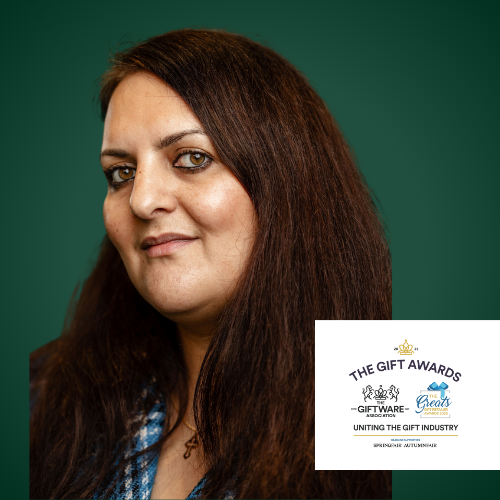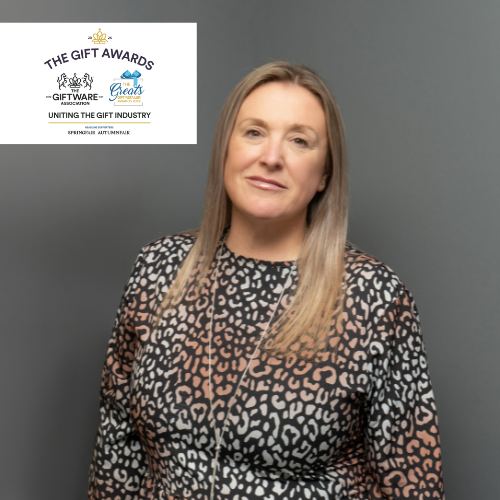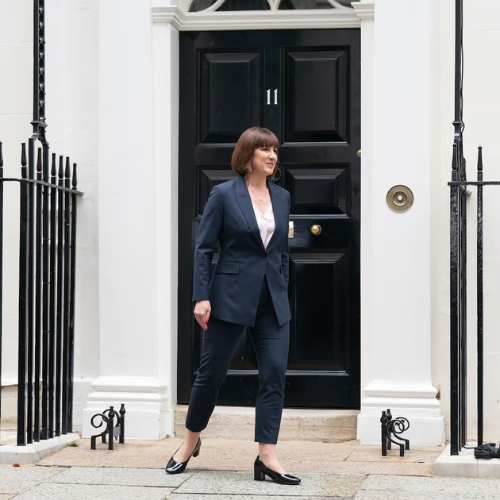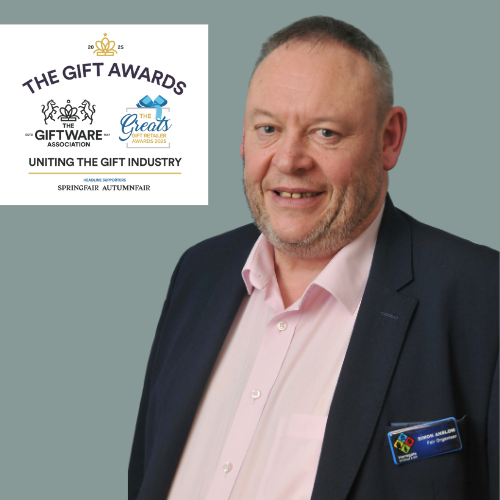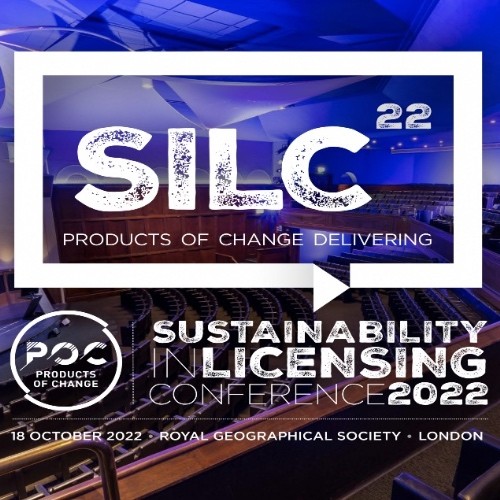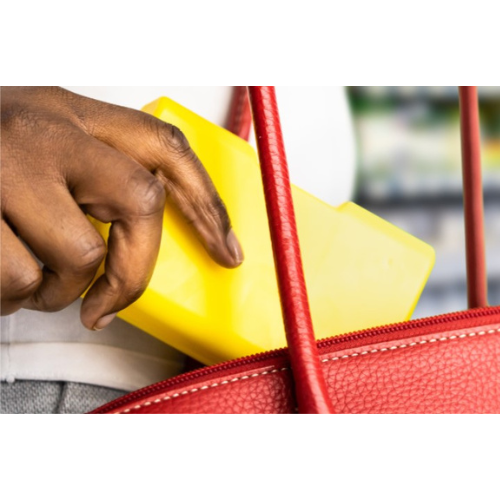Delegates from over 20 countries, to include businesses in the giftware sector, came together for last week’s two day SILC conference, (June 24 and 25), which focused on sustainability and environmental change.
Kicking off the conference on the first day was Jonathan Watson, chief product officer of The Insights Family, (global leaders in kids, parents, family marketing intelligence), who outlined how the pandemic has significantly moved things on in terms of sustainability, and how the next generation are driving change in the sector, with young consumers voting with their wallets, prepared to pay more for sustainable products.
The company recently published a Kids & Family Industry report, with Jonathan sharing the key findings. “Having spoken to 150 industries across 17 countries globally, 75% of the companies we spoke to were confident that they could achieve their sustainability targets, with 38% of companies spending more on R&D, and eight out of ten businesses confirming that they won’t be operating as they do now. Plus, 67% of companies stated that they can make a difference in the sustainability sector,” revealed Jonathan, “with 90% confirming that they will be affected by the post-Covid economic downturn.”
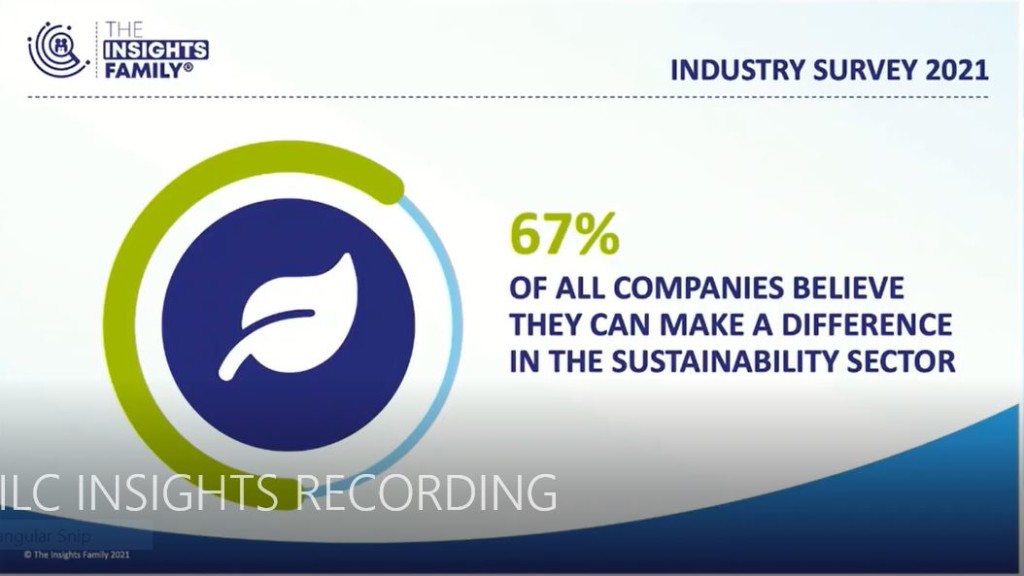
Referencing the next generation, he continued: “Today’s kids are very switched on and have never known a world without YouTube, Google or smartphones. Having access to all of this technology means that they can be reached globally and are exposed to what’s going on in the world, making them more progressive with their thoughts. These kids are very visual. They watch lots of online content and experiences as well. All of this means that today’s children are living incredibly digitised lives, spending more time on the internet, given that the average child receives a smartphone between the ages of 10-11 in the UK. Globally, 49% of 3 year olds have their own table device, all of which makes kids more informed than ever and gives them an in built confidence.”
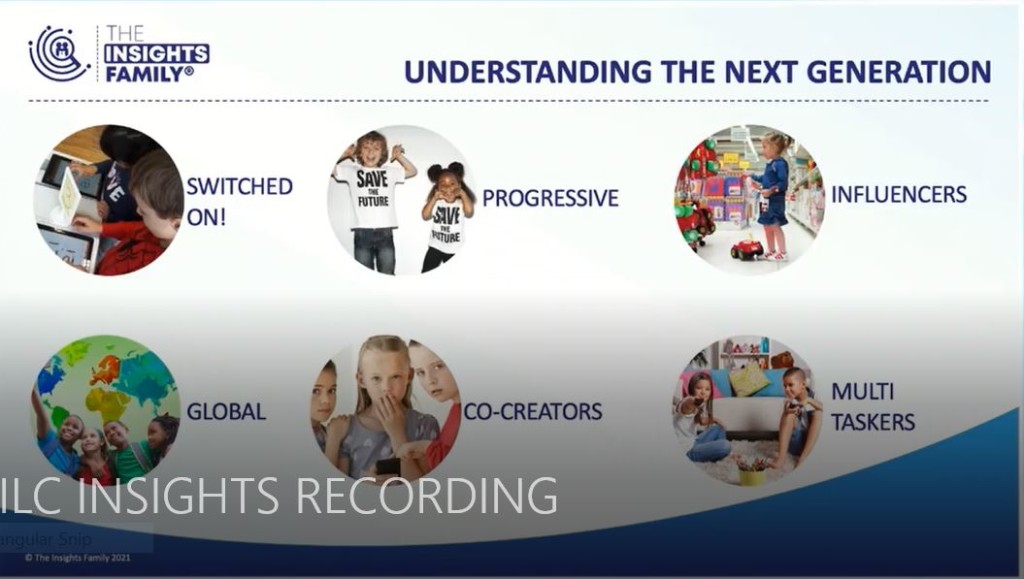
He continued: “Our data revealed that sustainability is and was a huge concern among young children across the 17 countries we cover. In research carried out in the UK and Europe, aside from the pandemic, sustainability and climate change were the children’s fifth biggest concern. Aside from Covid, key concerns were about bullying, animal cruelty, racism and mental health – direct issues that affect them daily. With sustainability longer term, it shows that today’s children are more selfless and do consider their actions on the environment, with sustainability clearly a huge concern for children. In fact, 70% of parents encourage their children to think about their actions on the environment.”
Summing up, he said that from the company’s data it is imperative for companies to make sustainability easy for kids, teens and parents to understand. He also stressed that is very important for companies to be empathetic in their messaging that needs to be practical and inclusive in order to make kids, consumers and audiences feel that they are empowered make changes and enable them to ‘build a better world.’ And finally, they needed to motivate conscious consumers by reporting back to them on how much of an impact they have had by supporting them as a brand or a retailer.
“Kids are clearly feeling strongly about the environment and the future of the world,” stated Jonathan. “They are mobilising on their digital platforms to get the message across, and are unafraid to stand up for their beliefs, so businesses need to accommodate this,” he concluded.
Above: Jonathan Watson, chief product officer of The Insights Family, highlighted the findings of Kids & Family Industry report.











